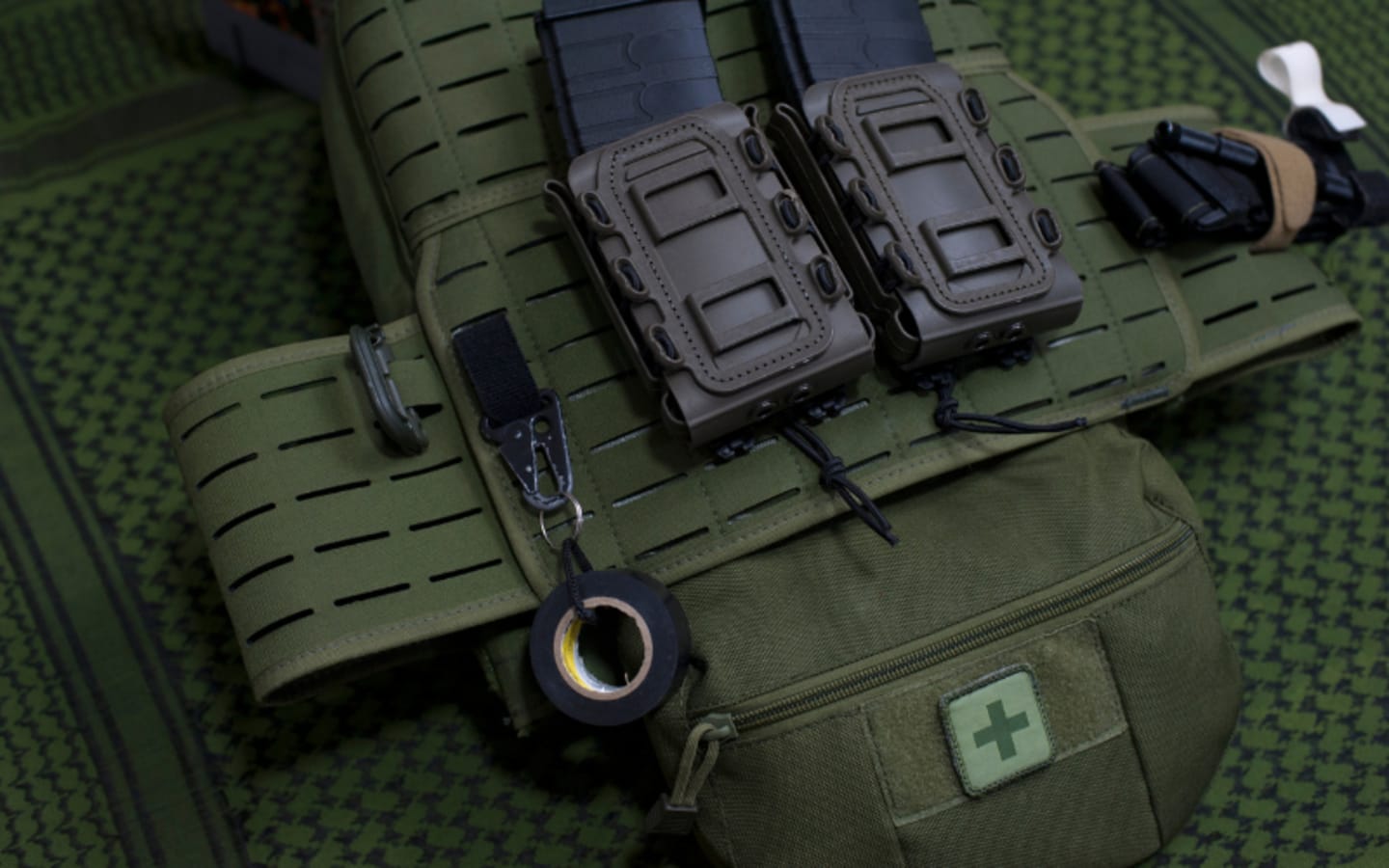Tactical gear—like body armor, holsters, and weapon accessories—has been a hot topic lately. New rules in some states are clamping down on what civilians can own, and it’s got folks wondering: are these bans making us safer or just leaving us defenseless? Let’s dive into what’s going on, why it matters, and whether these laws are doing more harm than good.
What’s the Deal with Tactical Gear Bans?
Some states, like New York and Connecticut, have passed laws that limit who can buy or wear tactical gear. For example, New York bans most civilians from owning body armor unless they’re cops or security guards. Connecticut says you can’t buy it online—you gotta go in-person. Other places, like Maryland and Louisiana, have rules about where you can wear it, like no body armor on school grounds.
The idea behind these bans is to stop bad guys from gearing up like they’re in a warzone. Lawmakers point to mass shootings, like the one in Buffalo where the shooter wore a bulletproof vest, saying tactical gear makes criminals bolder and harder to stop. But here’s the flip side: regular folks use this stuff for protection too. Think private security, hunters, or even just people living in rough neighborhoods.
Why These Bans Are Stirring Up Drama
The debate’s heated because tactical gear isn’t just for soldiers or crooks—it’s for anyone who wants to feel safer. Body armor sales have been climbing for years, not just among cops but regular Joes too. Banning it feels like telling people they can’t protect themselves. And let’s be real—criminals don’t exactly follow laws, so they’ll probably find a way to get this gear anyway.
I remember a few years back when I was at a shooting range with my buddy, Mike. He’s a big outdoors guy, always decked out in tactical stuff. He had this plate carrier vest that made him feel like a superhero. He wasn’t hurting nobody—just wanted to be ready in case things went south. When we heard about New York’s ban, he was pissed. “What’s next?” he said. “They gonna ban my pocketknife too?” It hit home how these rules can feel like they’re stripping away your freedom to stay safe.
The Case for Keeping Tactical Gear Legal
On one hand, tactical gear can save lives. Civilians buy body armor for all sorts of reasons—home defense, training, or just peace of mind. Keith Barrett, a retired state trooper, says it’s no different than wearing eye protection at the range. It’s defensive, not offensive. Plus, in most states, you can still own AR-15s or shotguns (with some restrictions), so why ban the gear that goes with it?
Another point: bans might not even work. Criminals can still get body armor illegally or make their own. Meanwhile, law-abiding folks are left high and dry. And let’s not forget—some of these laws are kinda dumb. New York’s ban only covers soft armor, not the hard plates that stop rifle rounds. Talk about missing the mark.
The Argument for Bans
On the other hand, some folks think tactical gear makes things worse. Lawmakers like New Jersey’s Joseph Cryan argue that mass shooters use body armor to keep going even when cops or guards shoot back. In Buffalo, the shooter’s vest stopped a bullet that could’ve ended the attack early. There’s also the worry that tactical gear makes people feel untouchable, like they can go out and cause trouble without fear.
Then there’s the public image thing. When you see someone decked out in full tactical gear, it can be intimidating. Some say it makes communities feel less safe, like they’re living in a warzone. That’s why places like Louisiana don’t want body armor at protests or government buildings—it just ramps up the tension.
What’s the Real Impact?
Here’s where it gets tricky. Bans might sound good on paper, but they don’t always deliver. For one, they’re tough to enforce. How do you stop someone from driving to another state to buy gear? And focusing on body armor might be missing the bigger picture—after all, it’s not the vest pulling the trigger. Critics say lawmakers are just “doing something” to look busy without tackling root causes like mental health or gun violence.
Plus, these bans can hit the wrong people. Private security guards, for example, often need body armor for their jobs. In New York, they’ve gotta jump through hoops to get it legally. And what about folks in high-crime areas? Telling them they can’t wear a vest feels like saying, “Good luck out there!”
So, Are You Less Safe?
It’s hard to say for sure. If you’re a law-abiding citizen in a state with a ban, you might feel like your options are shrinking. You can still own guns in most places, but without the gear to go with them, you’re not as prepared. On the flip side, if bans do keep tactical gear out of the wrong hands, that could save lives. But let’s be honest—bad guys don’t care about rules, and they’ll find a way to get what they want.
The truth is, these bans are a mixed bag. They might make some folks feel safer, but they’re also leaving others feeling exposed. And when you start messing with people’s ability to protect themselves, you’re walking a fine line. My buddy Mike’s still fuming about it, and I get why. It’s not just about gear—it’s about feeling like you’ve got a fighting chance.
What Can You Do?
If you’re worried about these bans, stay in the know. Check your state’s laws on body armor and tactical gear—things change fast. If you’re in a state with restrictions, you might still be able to buy from neighboring states (just don’t break any laws). And if you’re pro-gear, speak up. Write to your lawmakers or join groups that advocate for your rights.
At the end of the day, it’s about balancing safety and freedom. Tactical gear bans are a tough call, and nobody’s got a perfect answer. But one thing’s clear: when it comes to your security, you wanna have a say in how you protect yourself. So, what do you think—are these bans helping or hurting?





